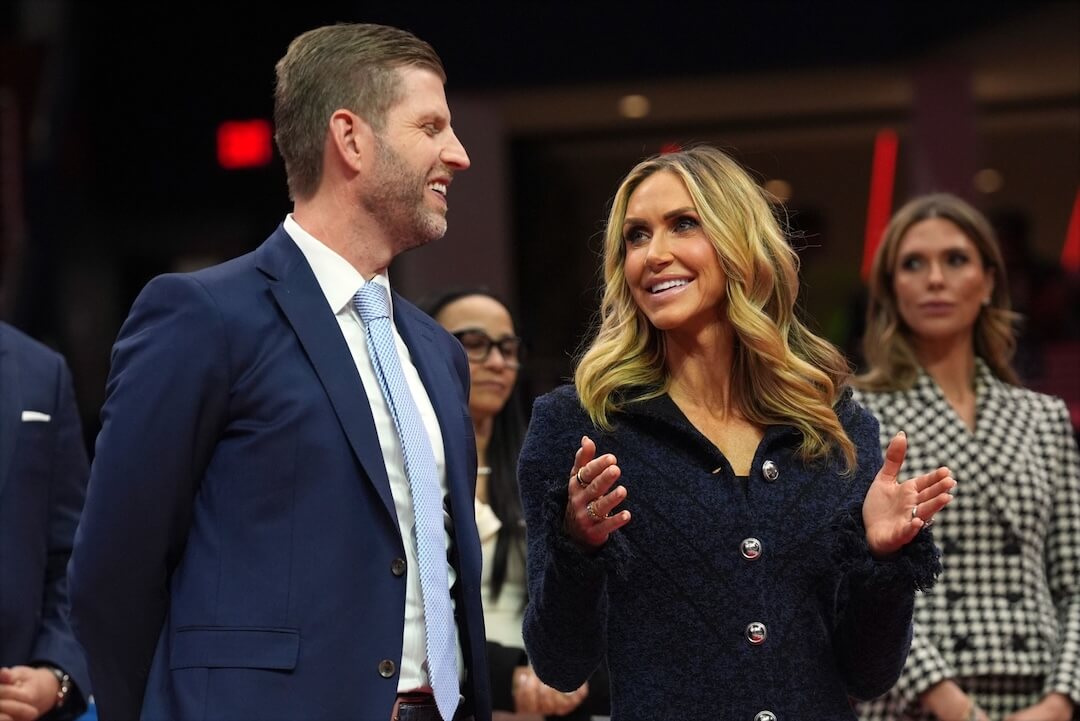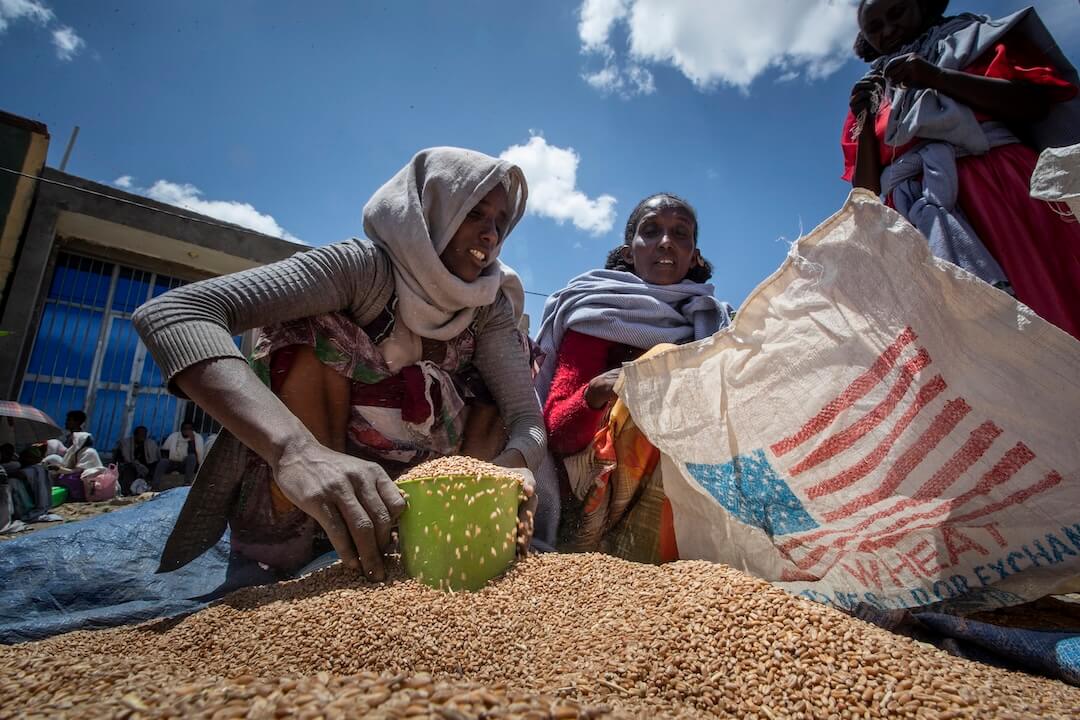
U.S. Ambassador to the United Nations Samantha Power Power called on UN to protect journalists in conflict zones. (AP file photo / Richard Drew)
U.S. Ambassador Samantha Power, herself a Pulitzer Prize winning former journalist, systematically laid out challenges in conflict zones and a potential set of recommendations during a Security Council session on protecting journalists.
The debate centered around a resolution stemming from a UN concept note titled, “Protection of journalists in conflict situations” authored by Lithuania, which currently holds the council’s rotating presidency.
Speakers were primarily ambassadors but also included Mariane Pearl, the French journalist and widow of Wall Street Journal reporter Daniel Pearl, who was kidnapped and murdered in Pakistan in 2002.
Three challenges were cited by Power, who won a Pulitzer for her book “A Problem From Hell,” a study of U.S. response to genocide, including the Rwandan genocide of 1994.
- How does the international community protect journalists from parties that target them specifically? In Syria, for example, she said 80 have been killed and more than 90 abducted by both the Assad regime and ISIL terrorists. One of their overriding aims, she said, is to dissuade other journalists from covering the conflict. Sadly, she said, that seems to be working.
- How does the world protect press freedom where violence is escalating? She cited current problems in Burundi as an example, noting that the government there has shut most of the key media outlets and most journalists feel unsafe to report there.
- How do international bodies like the UN push back against the erosion of press freedoms? “Alarming warning signs” are rampant, she said. In addition to each targeted journalist, there “are countless more” who are impacted through either their own self-censorship or their decision to flee the country.
She made four recommendations.
- The international community must condemn those who are responsible.
- It should provide tools, including training on managing difficult situations.
- It should “ensure that people who attack journalists are actually held responsible for their crimes.”
- It should create programs that practically protect journalists.
She heralded Colombia for exhibiting “how this can be done” by establishing a $160 million annual fund to protect 19 groups, including journalists.
A total of 80 journalists are now being assisted, she said. The help includes bodyguards and armored cars in a nation whose violent drug wars persist.
The most curious statement Wednesday was arguably offered by Russian Deputy Ambassador Efgeny Zagaynov. He raised questions about the resolution on the subject, saying its very definition of “journalist” was too broad as he also complained of “discrimination” against Russian journalists in Ukraine.
That complaint would verge on the stunning for many observers of Russian meddling there, including its annexation of Crimea and blatant support of pro-Russian separatists.
Indeed, a recent congressional hearing on “Confronting Russia’s Weaponization of Journalism” detailed how Russia spreads lies via Russian-influenced media in Ukraine and elsewhere.
Others speaking included the representative of China, a nation whose track record on press freedoms is notoriously uninspired.
Chinese Deputy Ambassador Wang Min issued the hope that a “safe environment” would be assured for journalists in conflict areas. “China is ready to work with the international community” to achieve that end, he said.






